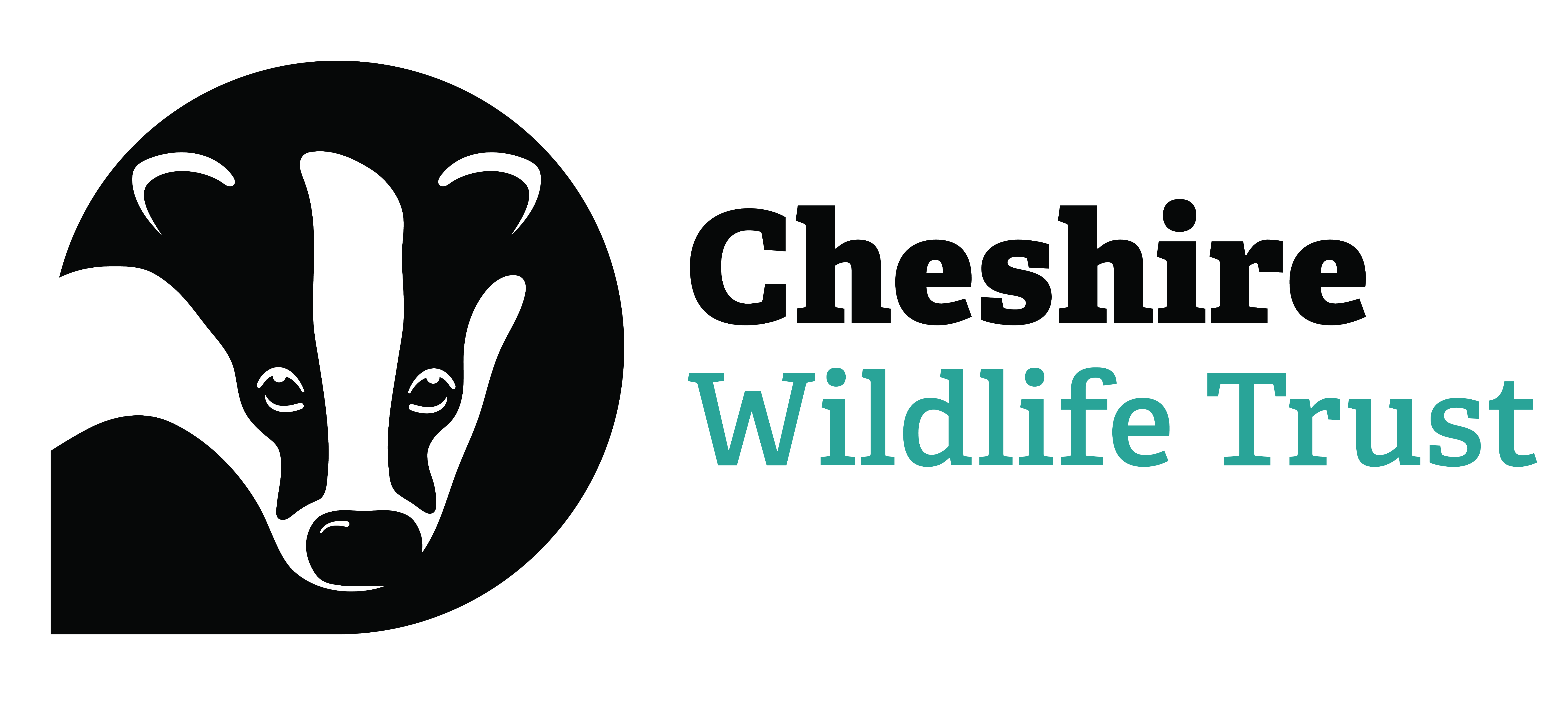Cheshire has a short section of coastline around the Wirral peninsula, but its significance reaches far beyond its physical extent.
The Dee and Mersey estuaries are arguably our most important wildlife habitats, recognised nationally and internationally for their wildlife. The change in tides creates an assortment of habitats in estuaries. The sand and mudflats, dunes, marshes, beaches and saline lagoons which fringe our shores are the biological engines which fuel the biodiversity of the natural world.
Equally important, coastal habitats such as beaches form the foundation of major recreational and tourist economies, and can also play a crucial role in coastal defence, reducing the risk of flooding and damage to both people and terrestrial habitats.
When the tide is out mudflats are revealed, these are host to a great range of invertebrates burrowed into the mud and this provides a rich feeding site for waterfowl and wading birds. More than 120,000 waterfowl visit the Dee estuary annually
Salt marshes often provide grazing grounds for cattle and sheep making them economically important. In addition, the grassland provides feeding sites for wading bird species including snipe, redshank, lapwing and curlew.
The Dee estuaries is also important migratory routes for Atlantic salmon, swimming from the sea through the estuary to the freshwater rivers to spawn, and later in life for migration from nursery site to feeding grounds in the Atlantic Sea
Our Living Seas work in Cheshire is characterised by our role as hosts of the Tidal Dee Catchment Partnership which is working to secure good water quality for the Dee estuary.
Our wildlife
Our news
Nature charities sound alarm on Mersey Tidal plans
Multiple Wildlife Trusts are warning that the proposed tidal project puts protected habitat and communities at risk.

Statement on significant increase in people gathering shellfish on the Wirral
There has been a significant increase in people gathering shellfish, including cockles, during low tide at Leasowe and Moreton on the…

Walk and talk along the Dee Estuary
Travel writer, the Bald Hiker otherwise known as Paul Steele, is swapping his usual foreign jaunts for something closer to home this…


